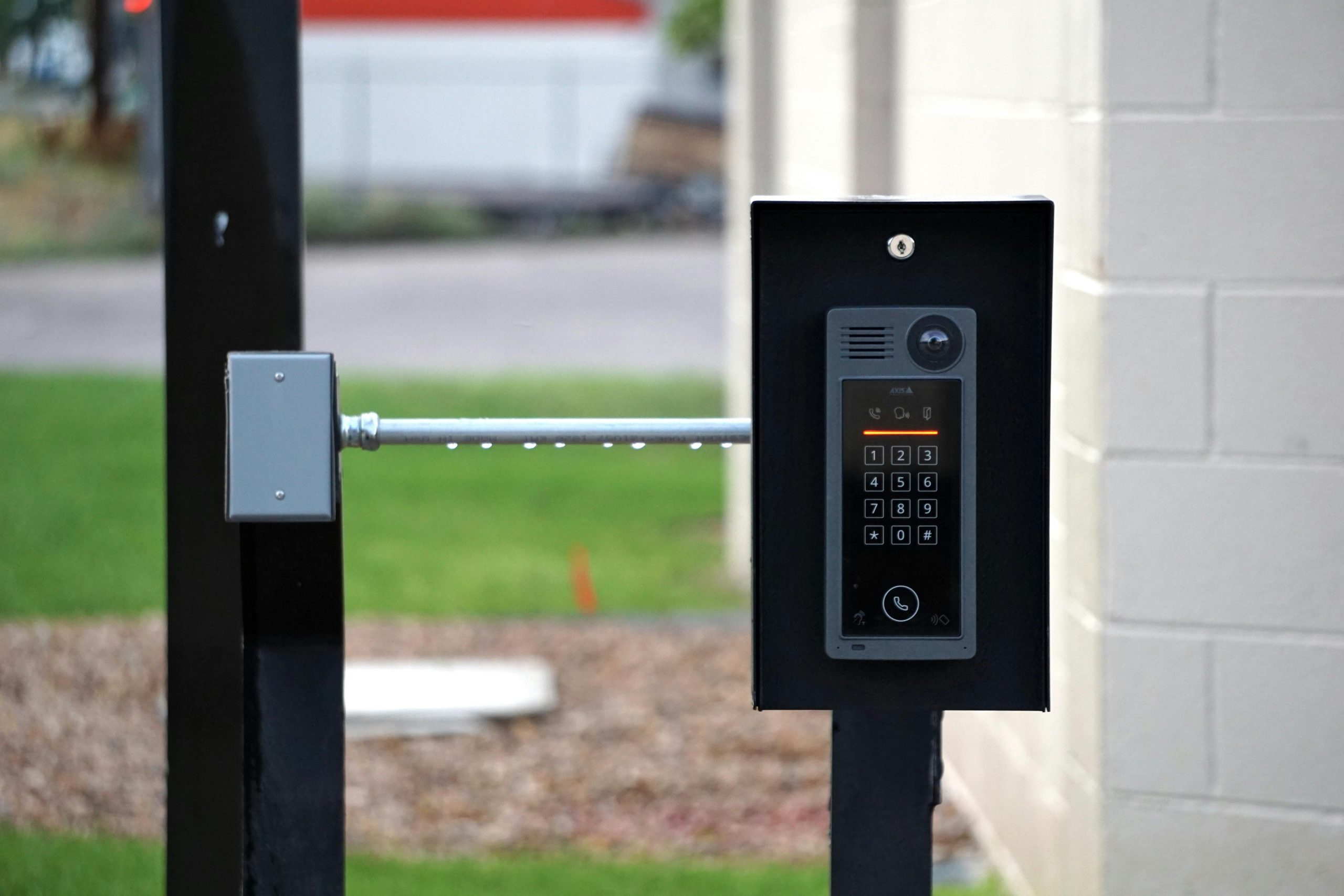IoT and Digital Twins: Reshaping Real Estate in 2025
Imagine walking into your new home, and before you even set foot inside, the lights automatically turn on and your favorite music starts playing. As you approach the kitchen, the coffee machine starts brewing your morning cup, and the temperature adjusts to your preferred setting. Sounds like something out of a sci-fi movie, right? Well, welcome to the world of IoT and Digital Twins. These futuristic technologies are transforming the way we live, work, and play, and nowhere is their impact more apparent than in the real estate industry. In this article, we’ll explore the concept of IoT and Digital Twins and how they are reshaping the real estate landscape in 2025 and beyond. 
The Rise of IoT and Digital Twins
IoT, or Internet of Things, is the interconnected system of devices, appliances, and gadgets that are embedded with sensors, software, and network connectivity, enabling them to collect and exchange data. On the other hand, Digital Twins are virtual replicas of physical objects that are linked through IoT devices. These digital counterparts mirror the behavior and character of their real-world counterparts, providing valuable insights into their performance, maintenance, and other important metrics.
The idea of IoT and Digital Twins may seem futuristic, but it is already a reality in many industries, including manufacturing, healthcare, transportation, and of course, real estate. By 2025, it is estimated that there will be over 55 billion IoT devices worldwide, generating incredible amounts of data that can be harnessed to improve efficiency, save costs, and enhance user experience. And nowhere are these benefits more in demand than in the real estate sector.
The Impact of IoT and Digital Twins on Real Estate
Smart Buildings for a Smarter Future
The construction and operation of buildings account for a significant portion of energy consumption and carbon emissions worldwide. With the help of IoT and Digital Twins, buildings can be designed, constructed, and managed to be more energy-efficient, sustainable, and cost-effective. Sensors embedded in different parts of a building can collect data on energy usage, air quality, temperature, and more, providing valuable insights into areas for improvement and optimization. Digital Twins can also help with predictive maintenance, identifying potential issues before they become major problems and saving both time and money for building owners and tenants.
Efficient Resource Management
In addition to energy consumption, IoT and Digital Twins can also assist with the management of other resources that are crucial in real estate, such as water and waste. For example, sensors in a building’s plumbing system can detect leaks and moisture levels, allowing for timely repairs and preventing water waste. Waste management systems can also be optimized with the help of IoT and Digital Twins, ensuring proper disposal and recycling practices, and ultimately contributing to a greener, more sustainable environment.
A Customized User Experience
In the past, homeowners and tenants had to manually adjust settings for temperature, lighting, and other facilities within their homes. With IoT and Digital Twins, these tasks can be automated and personalized, providing a more convenient and comfortable user experience. By analyzing a user’s behavior and preferences, Digital Twins can adjust settings in real-time, creating a customized environment that caters to their specific needs.
The Future of Real Estate in 2025 and Beyond
As the world becomes increasingly connected, the potential for IoT and Digital Twins in real estate is limitless. In the coming years, we can expect to see more homes and buildings equipped with these technologies, making our lives easier, more efficient, and more sustainable. From smart cities to virtual shopping experiences, the possibilities are endless, and by 2025, we may find that we cannot imagine life without IoT and Digital Twins.
Conclusion
The age of IoT and Digital Twins is upon us, and there is no turning back. As we move towards a more connected, data-driven society, real estate is set to be one of the industries that will be forever transformed. From smart buildings to personalized user experiences, these technologies will continue to reshape the real estate landscape in 2025 and beyond, making our homes and businesses smarter, safer, and more sustainable than ever before. Embrace the future – it’s already knocking at your door.







